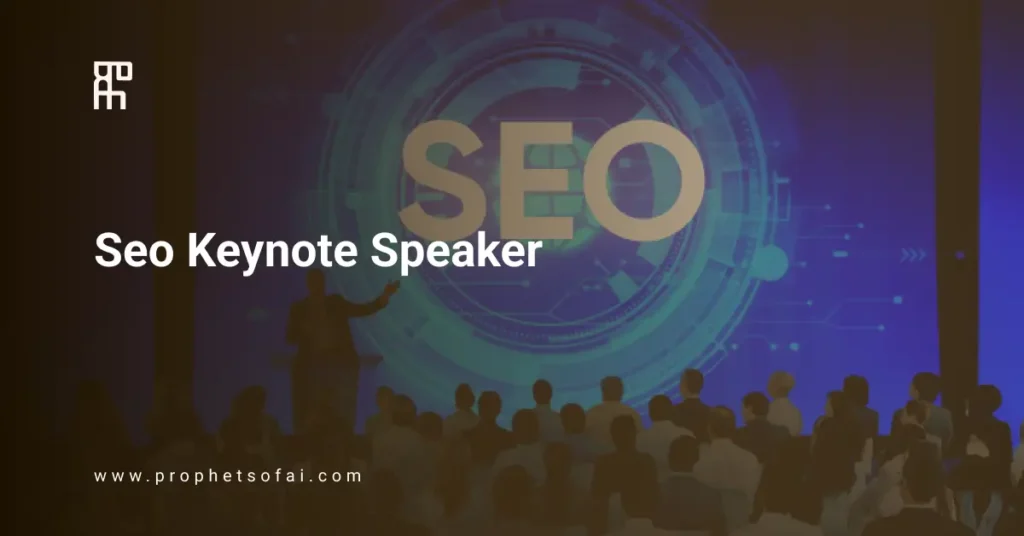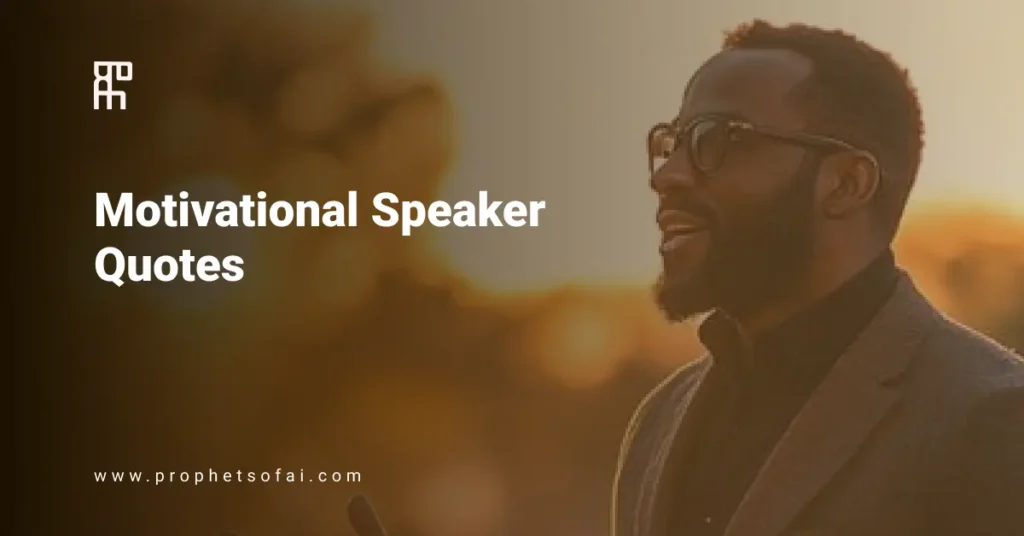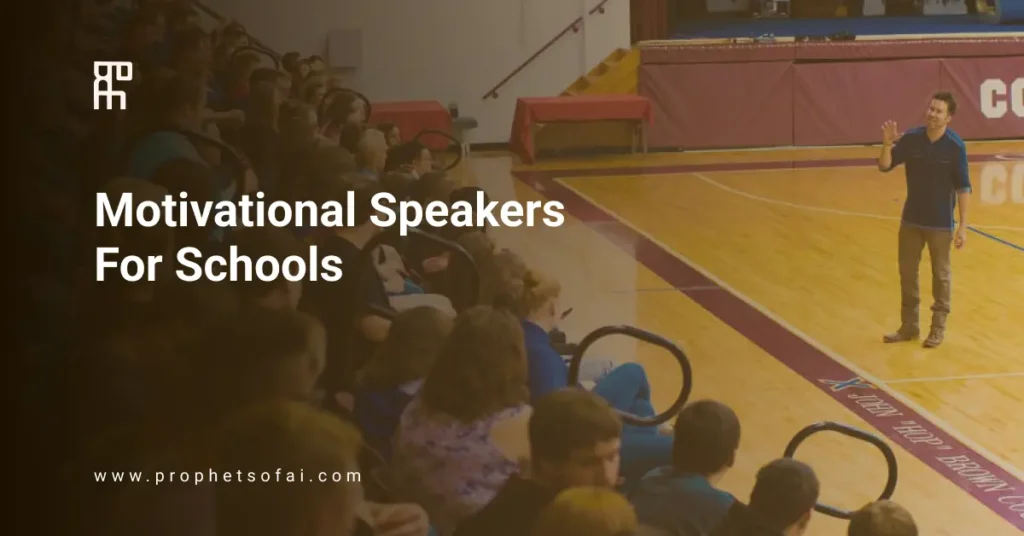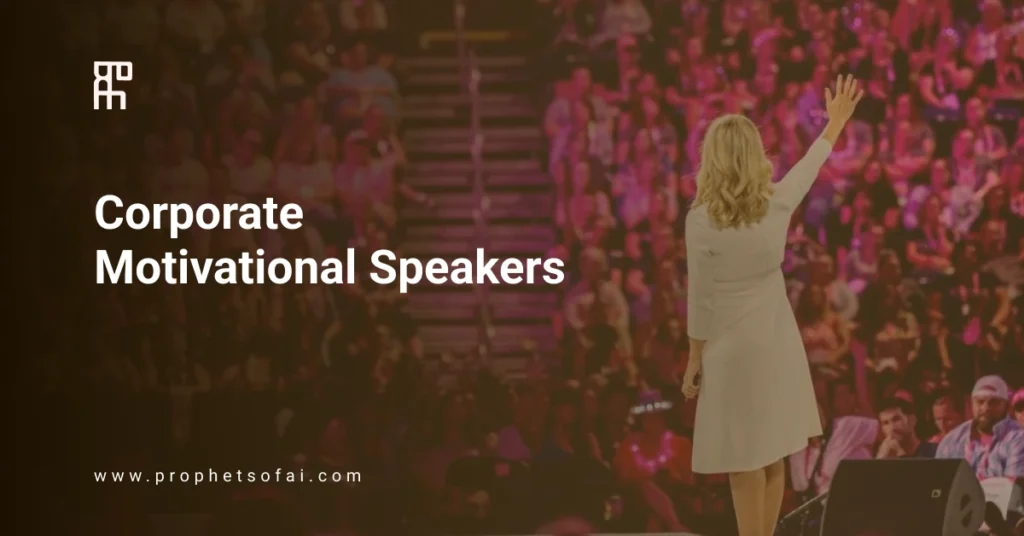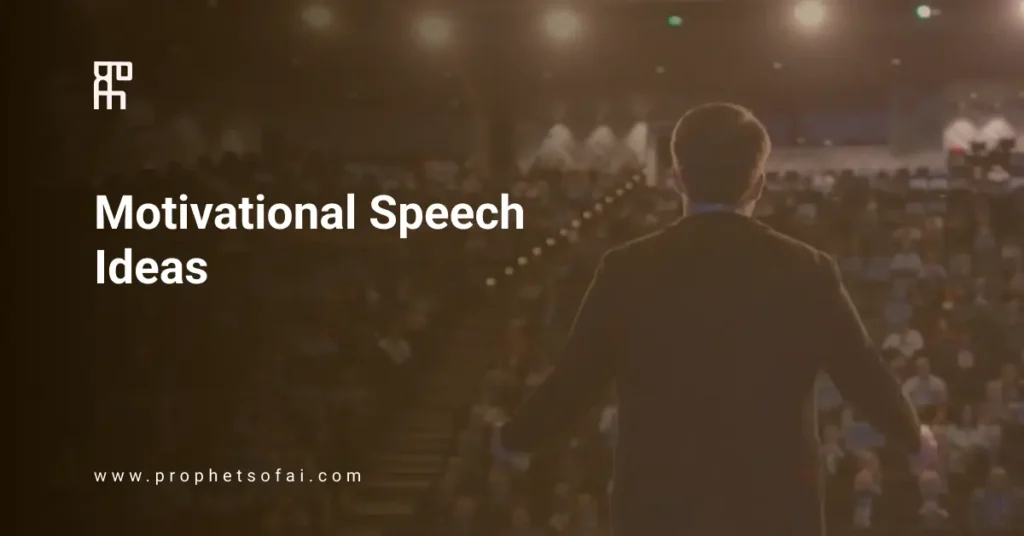You have expertise worth sharing, ideas that could transform how people think, and a message that deserves a bigger stage. But how do you go from “I have something valuable to say” to standing on conference stages getting paid thousands of dollars to say it? Becoming a keynote speaker isn’t reserved for celebrities or naturally gifted performers—it’s a learnable career path that combines expertise, strategic positioning, and consistent action. Keynote speaking offers more than income; it builds authority, expands your network, and amplifies your impact far beyond what any single conversation could achieve. This guide breaks down the journey into six actionable steps that will take you from aspiring speaker to booked professional. Let’s start by understanding what keynote speakers actually do and why this career path might be perfect for you.
Do You Have What It Takes?
Before investing time and energy, assess whether you have the foundation for a speaking career.
Core requirements you need:
- Expertise or unique perspective: You don’t need to be the world’s top expert, but you need valuable insights others want to hear
- Communication ability: If you can explain complex ideas simply and hold people’s attention, you’re already ahead
- Resilience: Rejection, cancellations, and tough audiences come with the territory
- Business mindset: Speaking is entrepreneurship—you’ll handle sales, marketing, and operations
Skills you’ll develop along the way:
- Presentation techniques and stage presence
- Storytelling that captivates audiences
- Reading rooms and adapting in real-time
- Self-promotion without feeling salesy
Here’s the truth: you don’t need to be a perfect speaker today. You need authenticity, valuable content, and willingness to improve. The best speakers aren’t necessarily the most polished—they’re the ones who connect genuinely with audiences. Want to know what makes truly great speakers stand out? It’s less about charisma and more about delivering real value.
Step 1: Find Your Niche and Unique Angle
The biggest mistake aspiring speakers make? Trying to speak about everything to everyone. Specialists get booked; generalists get overlooked.
Identify your expertise by asking:
- What professional problems have you solved repeatedly?
- What unique perspective do you bring that others don’t?
- Where do your skills, experience, and passions intersect?
- What could you talk about for years without getting bored?
Test your niche with these questions:
- Is there market demand? (Are conferences and companies hiring speakers on this topic?)
- Does it differentiate you from competitors?
- Can you demonstrate tangible results or insights?
Strong niche examples:
- AI transformation for traditional manufacturing
- Remote leadership for distributed teams
- Cybersecurity for non-technical executives
- Sustainability strategies in tech companies
The narrower your focus, the easier you are to book. Event organizers don’t want “leadership speakers”—they want “the expert on leading Gen Z remote teams in financial services.” Specificity equals credibility. A specialized position, like focusing on AI innovation, also commands significantly higher fees than generic motivational speaking.
Step 2: Build Speaking Experience
You can’t become a keynote speaker without actually speaking. Start anywhere that will have you.
Early speaking opportunities:
- Local business groups and chambers of commerce
- Industry associations and meetups
- Company lunch-and-learns (your own or others’)
- Virtual webinars and podcast guest appearances
- Toastmasters or professional speaking clubs
Develop your signature content:
Create one core 45-60 minute talk that showcases your expertise. Perfect this presentation through repetition, then develop 2-3 topic variations. Document everything—record videos, capture testimonials, note what resonates.
Master the fundamentals:
Focus on stage presence, body language, storytelling techniques, and audience engagement. Learn to work with technology—slides, microphones, virtual platforms—until it becomes second nature.
Build a content library beyond speaking: write blog posts, create videos, publish articles. This establishes authority and gives event organizers proof of your expertise.
Want to accelerate your skills? Check out our guides on public speaking skills and effective presentation skills.
Step 3: Create Professional Speaker Materials
Event organizers won’t book you based on potential—they need proof. Professional materials separate serious speakers from hobbyists.
Essential assets you must have:
- Speaker reel (3-5 minutes): Video footage of you presenting to live audiences with high-quality audio and video. Show your stage presence, audience engagement, and content highlights. This is your most important asset.
- Professional speaker bio: Create multiple versions (50, 100, 200 words). Focus on achievements and credibility, not resume details. Make it relatable and compelling. Learn more about crafting yours in our keynote speaker bio guide.
- Topic descriptions: Write clear, benefit-focused titles with 2-3 paragraph descriptions, key takeaways, and customization options.
- Professional headshots: High-resolution, well-lit photos that reflect your brand—both formal and approachable options.
- Testimonials and social proof: Video testimonials are gold. Collect written quotes from event organizers with metrics when possible (audience size, satisfaction ratings).
Without these materials, you’re invisible to event organizers. With them, you’re bookable.
Step 4: Price Yourself Strategically
Pricing intimidates new speakers, but understanding the progression helps you position yourself realistically.
Typical fee progression:
- Free/expenses only: Building experience and collecting testimonials (0-10 talks)
- $1,000-$2,500: Early paid gigs, local events
- $2,500-$5,000: Established local speaker with proven track record
- $5,000-$10,000: Regional recognition, consistent bookings
- $10,000-$25,000: National presence, strong reputation
- $25,000+: High-demand expert, specialized authority
Factors affecting your fees:
- Depth of expertise and credentials
- Market demand for your topic
- Audience size and event prestige
- Travel distance required
- Virtual vs. in-person delivery
- Additional services (workshops, consulting)
When to raise rates:
When you’re consistently booked, have strong testimonials, and face increasing demand. Underpricing hurts your credibility—if you’re too cheap, organizers question your value.
For detailed pricing insights, read our complete guide on how much keynote speakers cost.
Step 5: Market Yourself and Get Booked
Having great content means nothing if nobody knows you exist. Marketing yourself is non-negotiable.
Build your online presence:
Create a professional website showcasing your speaker materials, topics, and testimonials. Post thought leadership content regularly on LinkedIn. Build a YouTube channel with speaking clips and insights. Grow an email list to nurture your audience.
Direct outreach that works:
Target conference organizers in your niche industries. Leverage your existing network—past clients, colleagues, professional connections. Offer workshops to demonstrate value before asking for keynote fees. Attend industry conferences as an attendee first to build relationships.
Content marketing approach:
Publish articles in industry publications. Guest on relevant podcasts. Create valuable free content like webinars and guides. Share behind-the-scenes insights from your speaking journey.
Work with speakers bureaus:
Bureaus handle marketing, negotiation, and logistics while connecting you with higher-paying opportunities. They validate your credibility and open doors you can’t access alone. Learn more about why working with a speakers bureau accelerates your career.
Step 6: Deliver Excellence and Build Reputation
Getting booked is step one. Building a sustainable career requires consistently exceeding expectations.
Over-prepare for every engagement:
Research your audience thoroughly—their industry, challenges, demographics, and event goals. Customize content specifically for them, never deliver generic talks. Arrive early to test technology and get comfortable with the space. Our guide on how to prepare a keynote speech covers advanced preparation strategies.
Create memorable experiences:
Engage audiences actively with questions, stories, and interaction. Provide actionable takeaways they can implement immediately. Stay available after your presentation for networking and conversations. Follow up with both organizers and attendees.
Capture and leverage testimonials:
Request video testimonials immediately after speaking—strike while emotions are high. Get written feedback from event organizers with specific results. Document audience reactions through photos and social media mentions. Update your speaker materials regularly with fresh proof.
Excellence compounds. Every great talk leads to referrals, repeat bookings, and higher fees. Your reputation becomes your most valuable marketing asset.
Common Mistakes to Avoid
Learn from others’ missteps to accelerate your journey.
- Trying to appeal to everyone: Generic speakers get lost in the crowd. Niche down for better bookings and higher fees.
- Waiting for perfection: You’ll never feel completely ready. Start speaking now, improve as you go. Experience builds competence.
- Underpricing yourself: Charging too little signals low value. Price based on the transformation you provide, not your experience level.
- Poor follow-up: Every event is a networking goldmine. Stay connected with organizers, attendees, and fellow speakers.
- Neglecting business fundamentals: Track metrics, manage finances, maintain contracts. Speaking is a business, not just a passion project.
- Copying other speakers: Authenticity wins. Study successful speakers to learn techniques, but develop your own unique voice and style.
Avoid these pitfalls, and you’ll progress faster than 90% of aspiring speakers.
Conclusion
Becoming a keynote speaker is a journey that combines expertise, strategic positioning, and persistent action. Start by finding your niche, build experience through any speaking opportunity available, create professional materials that showcase your value, price yourself strategically as you grow, market yourself consistently, and deliver excellence every time you take the stage.
This isn’t an overnight transformation—it’s a deliberate process that rewards those who commit to continuous improvement. The speakers commanding top fees today started exactly where you are now. Take step one today: identify your niche and book your first speaking opportunity, even if it’s unpaid.
Ready to launch your speaking career? Connect with Prophets of AI for expert guidance on breaking into the keynote speaking industry and positioning yourself for success.
